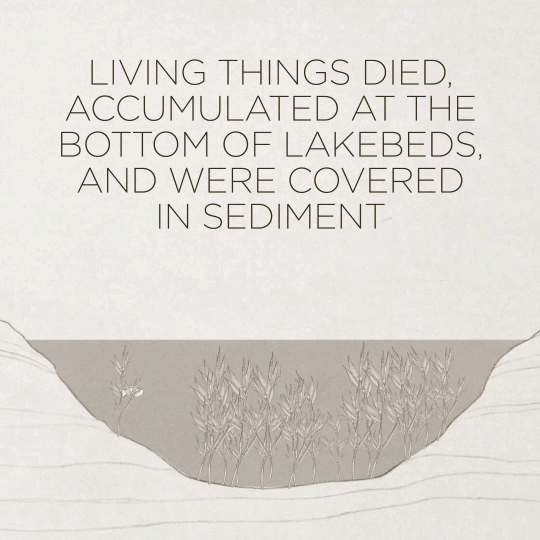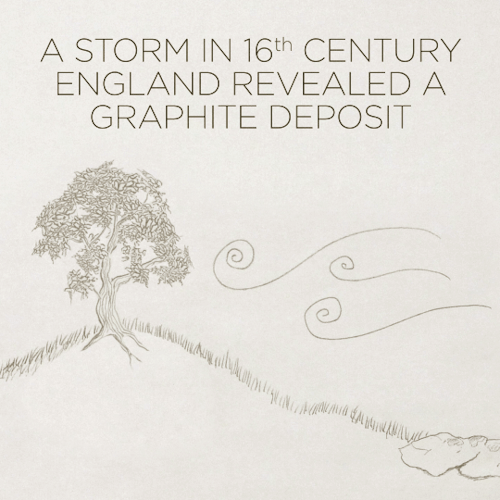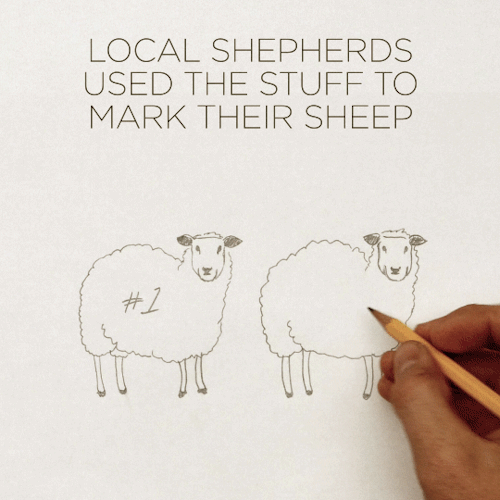💛

💛
More Posts from Myletithings and Others



Empathy & Compassion in the brain Empathy is a complicated task for the brain.
Reptiles probably can’t do it and it’s going to occur in pretty simple forms for most mammals. But in humans, it really engages the frontal lobes: these newer regions of the brain that are involved in more complex symbolic processes like language, considering alternatives and imagining the future. Empathy requires that you think: there’s someone else out there who has feelings and thoughts that may be different from mine. That’s a complicated cognitive achievement!
Compassion —the caring instinct— is located down in the center of the brain, near the top of the spinal cord where a lot of our basic instincts are regulated. It’s a very old part of the brain called the periaqueductal gray, which is common to mammals when they take care of their young.
So that’s striking: there’s one kind of thing —empathy— that’s really about understanding people (very complicated!) in the frontal lobes. But caring is is really old in the nervous system.
Learn about the evolutionary roots of compassion & empathy →










Pencils pencils pencils! Watch the full video:
And ask us more questions!

🍰



The influence of fatherhood on the science of Charles Darwin
There are drawings in Charles Darwin’s papers that defy explanation — until we remember that Darwin and his wife Emma had a huge family of ten (rambunctious) children. Scholars believe that a young Francis Darwin —the naturalist’s son— drew this on the back of Darwin’s manuscript for On the Origin of Species.
UC Berkeley psychologist Dacher Keltner has noted that Darwin’s family life may have inspired some of his scientific writing. When his daughter Annie died at age 10, Darwin started to have deep insights about the place of suffering and compassion in human experience.
That led him to argue, in The Descent of Man, that sympathy is our strongest instinct, sometimes stronger than self-interest, and he argued that it would spread through natural selection, for “the most sympathetic members, would flourish best, and rear the greatest number of offspring.”
This point was totally forgotten by evolutionary science for quite some time. Well, given all the awful things humans do to each other, how could you make the case that sympathy is our strongest instinct?
The answer lies in the dependence and vulnerability of our children. Little baby chimpanzees eat by themselves; human babies can’t. Baby chimpanzees sit up on their own; you sit up a human baby, and they go, “Watch out, man, my head’s really big!” Boom!
Their heads are so big because their brains are so big. To fit their big heads through the human birth canal—which narrowed as we started to walk upright on the African savanna—our babies were born profoundly premature and dependent upon people to take care of them.
In fact, our babies are the most vulnerable offspring on the face of the Earth. And that simple fact changed everything. It rearranged our social structures, building cooperative networks of caretaking, and it rearranged our nervous systems. We became the super caregiving species, to the point where acts of care improve our physical health and lengthen our lives. We are born to be good to each other.
The vulnerability of our children transformed human relationships and made compassion essential to our survival →


When many individual organisms, like locusts, bacteria, anchovies, or bats, come together and move as one coordinated entity, that’s a swarm. From a handful of birds to billions of insects, swarms can be almost any size. Gigantic swarms can host millions of insects and travel thousands of miles, devastating vegetation and crops. They stay close to each other, but not too close, or they might get eaten by their hungry neighbors.
What all swarms have in common is that there’s no leader. Members of the swarm interact only with their nearest neighbors or through indirect cues. Each individual follows simple rules: Travel in the same direction as those around you, stay close, and avoid collisions. There are many benefits to traveling in a group like this. Small prey may fool predators by assembling into a swarm that looks like a much bigger organism. And congregating in a large group reduces the chance that any single individual will be captured. Moving in the same direction as your neighbors saves energy by sharing the effort of fighting wind or water resistance. It may even be easier to find a mate in a swarm. Swarming can also allow groups of animals to accomplish tasks they couldn’t do individually. When hundreds or millions or organisms follow the same simple rules, sophisticated behavior called swarm intelligence may arise.
From the TED-Ed Lesson Why do animals form swarms? - Maria R. D'Orsogna
Animation by Matt Reynolds
-
 lucifer-lux liked this · 10 years ago
lucifer-lux liked this · 10 years ago -
 myletithings reblogged this · 10 years ago
myletithings reblogged this · 10 years ago -
 megliotordichemais liked this · 10 years ago
megliotordichemais liked this · 10 years ago -
 seiryu6 reblogged this · 10 years ago
seiryu6 reblogged this · 10 years ago -
 darioenrique00 liked this · 10 years ago
darioenrique00 liked this · 10 years ago -
 lindarella123 liked this · 10 years ago
lindarella123 liked this · 10 years ago -
 sleeeepy-demon liked this · 10 years ago
sleeeepy-demon liked this · 10 years ago -
 tangocontirofisso liked this · 10 years ago
tangocontirofisso liked this · 10 years ago -
 microletteratura liked this · 10 years ago
microletteratura liked this · 10 years ago -
 hopegiugy liked this · 10 years ago
hopegiugy liked this · 10 years ago -
 sinistronzi liked this · 10 years ago
sinistronzi liked this · 10 years ago -
 snoopymania reblogged this · 10 years ago
snoopymania reblogged this · 10 years ago
